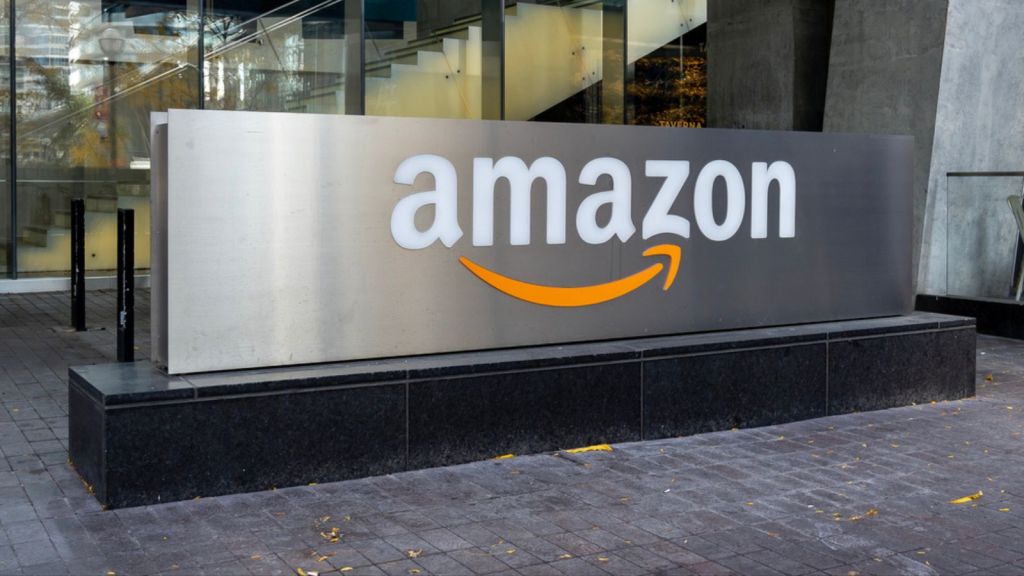“Behind the Curtains: Discover the 13 Companies Whose Profits Come at the Expense of Their Employees”
Add to that Walmart’s strong opposition to union efforts, and it’s no wonder employees often feel their options for improvement are limited. The part-time-heavy approach doesn’t help either, keeping benefits out of reach for many workers.
3. McDonald’s


McDonald’s workers have been at the forefront of the fight for fair wages, with movements like “Fight for $15” calling for a livable wage across the industry. While McDonald’s has made strides, the franchise model means many employees are left with inconsistent wages and minimal benefits.
For those on the ground, the demanding work and limited upward mobility paint a different picture from the golden arches’ outward success, leading to high turnover and limited stability.
4. Tesla


Tesla’s a name that’s synonymous with innovation, but for many factory workers, it’s also a name tied to tough working conditions. Employees have cited high pressure to meet production goals and long hours as just part of the job.
Tesla’s resistance to unionization has drawn criticism, with reports of workers discouraged from organizing to address these issues. For a company that’s built its reputation on breaking boundaries, its approach to labor remains controversial.
5. Dollar General


Dollar General, a familiar name in rural communities, has come under fire for understaffing and low wages. Many workers are tasked with multiple roles without extra pay, often feeling stretched thin by the demands of the job.













